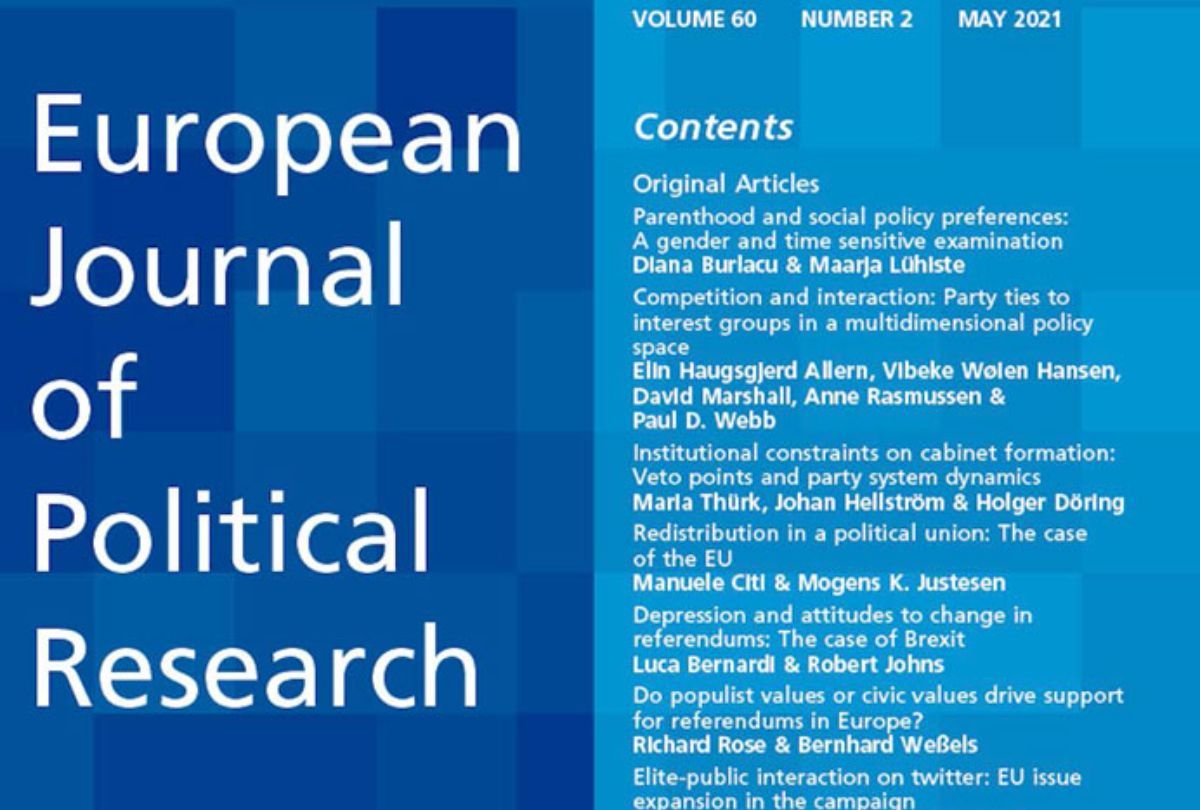Designing institutions to improve well‐being
/A paper that outlines the relationships between specific rules of PB design and well‐being.
Social accountability institutions are at the forefront of democratic reformers’ efforts to improve well‐being by harnessing the power of citizen participation.
This article builds on recent research identifying a positive relationship between participatory budgeting (PB) and well‐being. The article is the first large‐N study to identify relationships between specific rules of PB programme design and well‐being. A unique dataset of 114 Brazilian municipalities with PB programmes from 2009 to 2016 is constructed to evaluate whether internal mechanisms within PB explain variation in local infant mortality rates – an outcome associated with wellbeing. Hypotheses are tested that correspond to citizen participation, the scope of deliberation and embeddedness within local institutions. It is found that PB programmes are associated with lower infant mortality rates when they broaden participation, expand deliberation and embed the new institutions in ongoing policy‐making venues. The results offer a framework for designing PB programmes and other social accountability institutions to maximise impact.
Source: European Journal of Political Research
Author information: Brian Wampler, Michael Touchton
Year of publication: 2018




